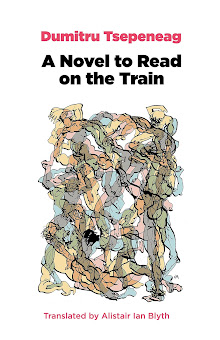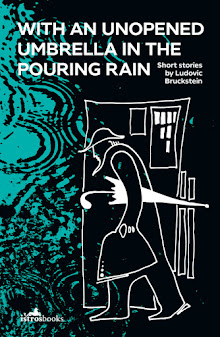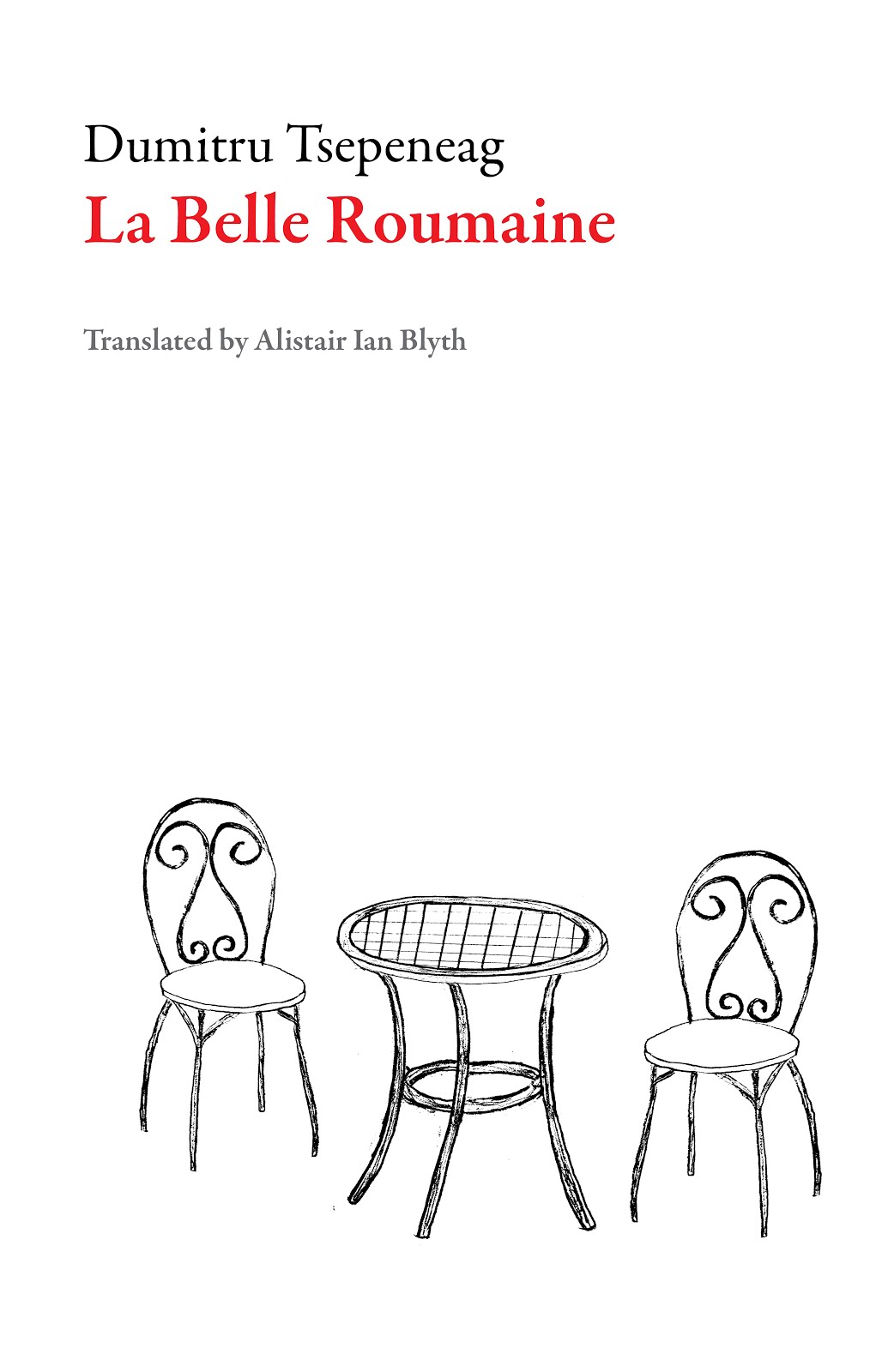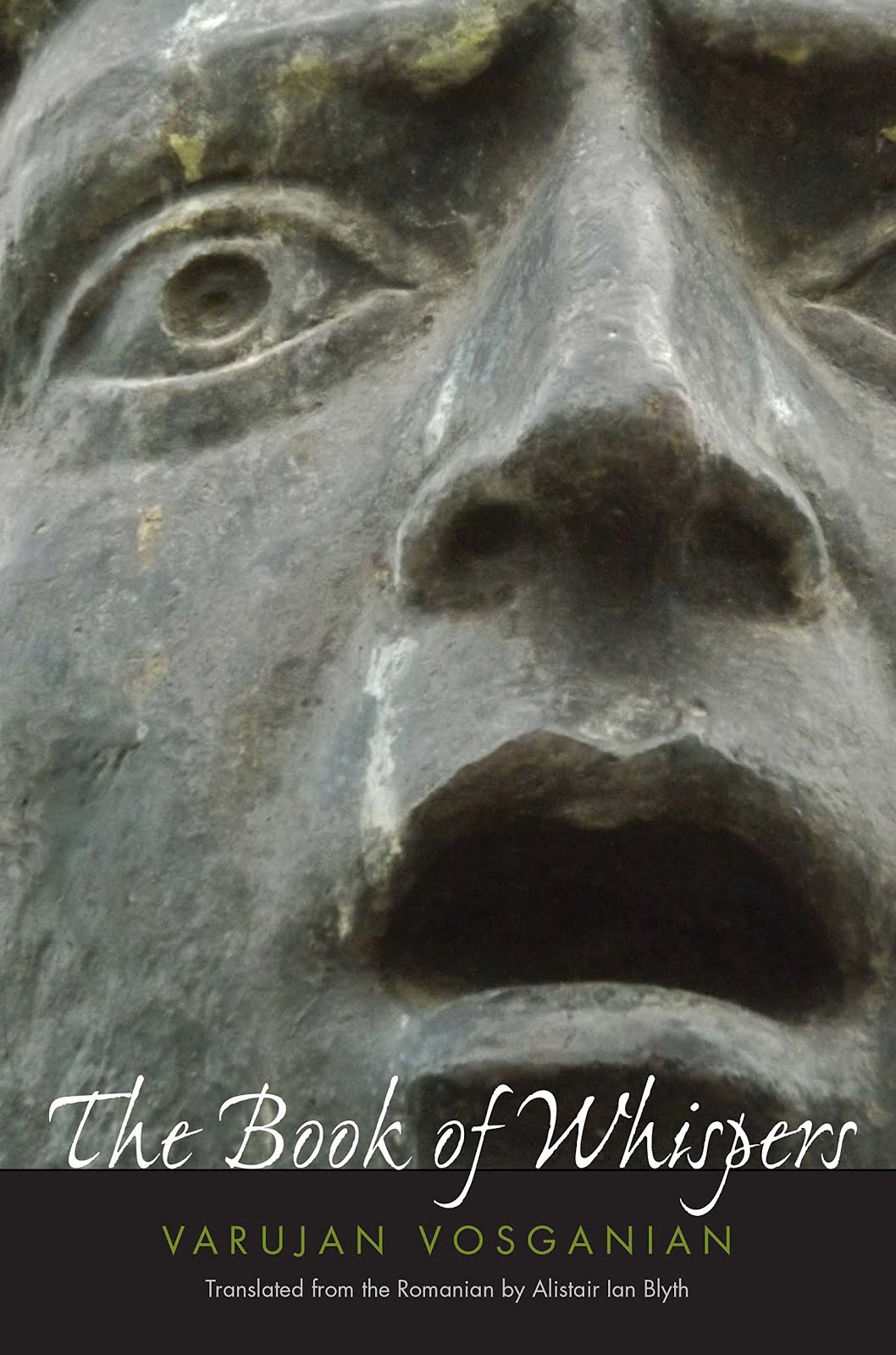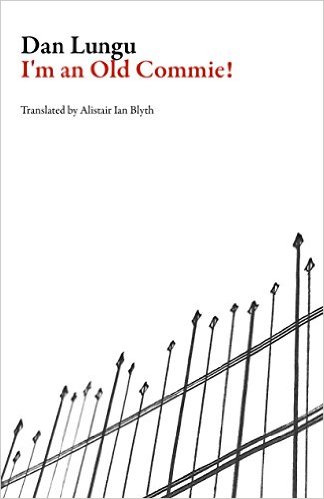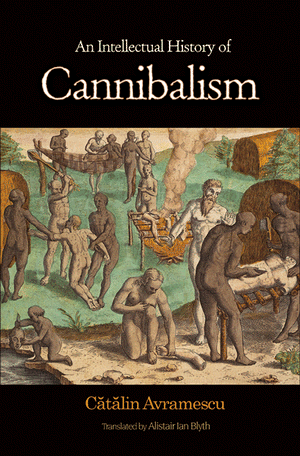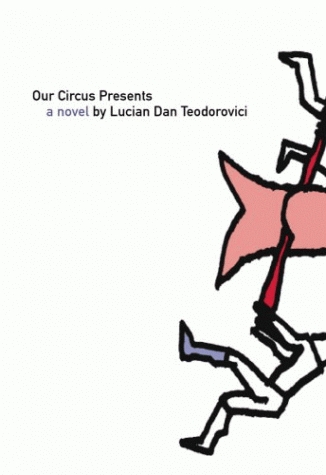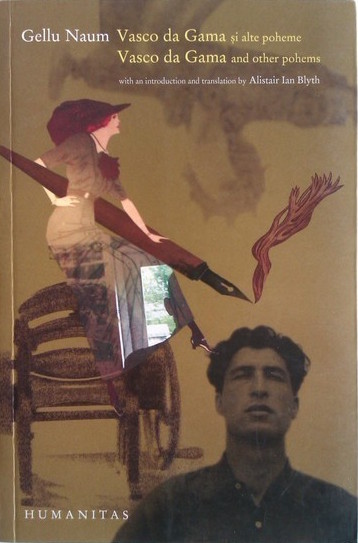In the deep places of the earth,
in the utmost depths of the sea,
in the alveoli of the lungs,
in the ventricles of the heart,
in the cavities of the teeth,
in the vesicles of volcanic rock,
in the vacuoles of the cytoplasm,
in the innermost chambers of death,
in the penetralia of the mind,
in the hull of the swart ship,
in the keel of the muffled storm,
in the caul of oblivion,
in the calyx of the dream,
in the shuck of oyster darkness,
in the ventral cavern of the whale,
in the musty cell of a nutshell,
bounded sleeping, enclosed unfeeling,
enveloped fainting, forgetting,
I prayed that I be plucked
from the inner to the outer
surface of mine own hell.
26 October 2010
24 October 2010
Melancholia flatuosa
Melancholia Flatuosa multiplicem ob causam difficilis curationis est. Nam praeter vehementem venarum meseraicarum a crassa crudaque materia, tum melancholica, tum pituitosa, unde contumaces perpetuo spiritus elevantur, obstructionem: maxima etiam intemperaturae viscerum inaequalitas subest. Hujus quidem ratione non levia accidentia ingruunt, excrementorum nempe suppressio ab exiccante et humiditatem exugente calido hepate: difficilis spiratio a comprimente septum transversum inflato ventriculo, dolore ventriculi a flatuum distensione et intemperie frigida; eructationes, vomitiones, et successu temporis ab obstructione putredo, cujus venenata evaporatione perculsa mens deficit, et delirium accidit.
Windy melancholy is difficult to cure by reason of its manifold causes. For, besides the violent obstruction of the meseraic veins by incrassate undigested matter, now melancholic, now phlegmatic, and constantly giving off unyielding vapours, a fluctuation in the greatest degree underlies the imbalance in the internal organs. Because of this, grave corollary effects aggressively proliferate: retention of the excretions due to the parching and moisture-draining action of the heated liver; difficulty in breathing due to compression of the transversal septum by the bloated stomach, with pain in the stomach arising from windy distension and excess chill; belching; vomiting; and, over the course of time, due to the blockage, a suppuration, whose poisonous evaporation causes the stricken mind to go astray and delirium to occur.
Windy melancholy is difficult to cure by reason of its manifold causes. For, besides the violent obstruction of the meseraic veins by incrassate undigested matter, now melancholic, now phlegmatic, and constantly giving off unyielding vapours, a fluctuation in the greatest degree underlies the imbalance in the internal organs. Because of this, grave corollary effects aggressively proliferate: retention of the excretions due to the parching and moisture-draining action of the heated liver; difficulty in breathing due to compression of the transversal septum by the bloated stomach, with pain in the stomach arising from windy distension and excess chill; belching; vomiting; and, over the course of time, due to the blockage, a suppuration, whose poisonous evaporation causes the stricken mind to go astray and delirium to occur.
Johannes Fienus (Jean Fyens), De Flatibus humanum corpus molestantibus commentarius novus ac singularis, in quo Flatuum natura, causae et symptomata describuntur, eorumque remediae facili et expedita methodo indicantur. Antwerp, 1582; Heidelberg, 1589; Frankfurt, 1592 (with notes by Lievinus Fischer); Amsterdam, 1643; Hamburg, 1644; some editions bear the title Physiographia de flatibus.
05 October 2010
Quare creatae sunt sternutationes?
Ebraeis sternutare est Atasch; unde Thalmudistarum verbale Ittonsch, sternutationem notat. Iidem apud Buxtorfium in Lex. Thalmudico distinguunt inter sternutationem superiorem et inferiorem. Inferior est crepitus ventris. De quo sternutamento idem Buxtorfius ex libro ben Syrae cum Comment. Constantinopoli excuso fol. 27. sequentia Latine reddidit: Quare creatae sunt sternutationes? (inferiores scilicet seu crepitus) Dixit ei; Nisi illae, essent, homo egereret necessitates suas in vestimenta sua. Cum autem homo sentit sternutationes, flatus venientes, abit et satisfacit naturae, ne pudefiat, et vestimenta sua coinquinet.
For the Jews, to sneeze is Atasch, whence the Talmudists’ Ittonsch denotes a sneeze. According to Buxtorfius in his Talmudic Lexicon, they also distinguish between an upper and a lower sneeze. The lower is the crepitus ventris. On which sneezing the same Buxtorfius has rendered into Latin out of the Book of ben Syra with Commentaries printed in Constantinople, page 27 ff. the following: "Wherefore have sneezes been created? (scilicet lower sneezes or crepitus). He said to him: "Were it not for them, man would discharge his necessities in his own clothing. But when man feels the sneezes, the flatus, coming, he goes out and satisfies nature, lest he shame himself and besmirch his clothing."
Martinus Schoock, De Sternutatione. Tractatus copiosus: Omnia ad illam pertinentia, juxta recentia inventa proponens. 2nd edition, Petrus van den Berge, in Vico de Heeregracht sub signo montis Parnassi, Amsterdam, 1664
For the Jews, to sneeze is Atasch, whence the Talmudists’ Ittonsch denotes a sneeze. According to Buxtorfius in his Talmudic Lexicon, they also distinguish between an upper and a lower sneeze. The lower is the crepitus ventris. On which sneezing the same Buxtorfius has rendered into Latin out of the Book of ben Syra with Commentaries printed in Constantinople, page 27 ff. the following: "Wherefore have sneezes been created? (scilicet lower sneezes or crepitus). He said to him: "Were it not for them, man would discharge his necessities in his own clothing. But when man feels the sneezes, the flatus, coming, he goes out and satisfies nature, lest he shame himself and besmirch his clothing."
Martin Schoock, On Sneezing. Plentiful Treatise, Laying Forth All Those Things Pertinent to the Subject, along with Recent Findings, Pieter van den Berge, in Heeregracht Street under the Sign of Mount Parnasses, Amsterdam, 1664
Subscribe to:
Posts (Atom)



